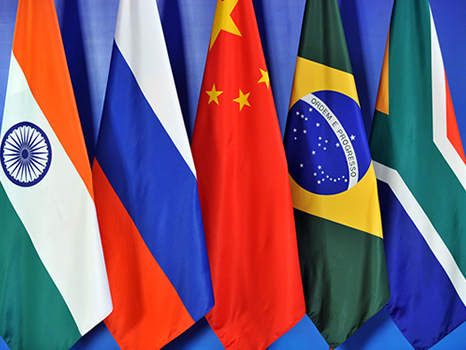November 13, 2024
BRICS+ doesn’t have to be the “Rest against the West”

As leaders of the BRICS+ group of emerging economies met in Kazan, Russia, last month, U.S. Secretary of State Antony Blinken was in the Middle East for the eleventh time since October 7, 2023. The symbolism is stark. While the U.S. is mired in another Middle East war—one that is diminishing its credibility and global leadership—China and Russia are in the early stages of building alternatives to U.S.-led global financial and security architectures. BRICS+ has the wind at its back in today’s emerging multipolar world—the group welcomed Egypt, Ethiopia, Iran, and the UAE at the beginning of 2024, added thirteen new partner countries at the Kazan summit. Dozens of other countries have also expressed interest in joining.
With competition between the United States, China, and Russia intensifying, Washington should take stock of what’s driving countries to BRICS+, which Beijing and Moscow wish to position as an anti-Western grouping. The good news for Washington is that other BRICS+ countries and applicants don’t necessarily see it that way yet. Brazil and India, two founding countries, see BRICS+ as a vehicle to democratize the existing international order and usher in changes within the system to make it more capable of addressing today’s global challenges. They don’t see it as part of a “rest against the West” strategy. Indeed, many Global South countries privilege their ties with Washington but also want to join BRICS+. However, all of this could change if Washington does not take global multipolarity seriously.
More on Western Hemisphere

February 5, 2026

By Peter Harris
January 30, 2026

By Peter Harris
January 28, 2026
Events on Grand strategy






